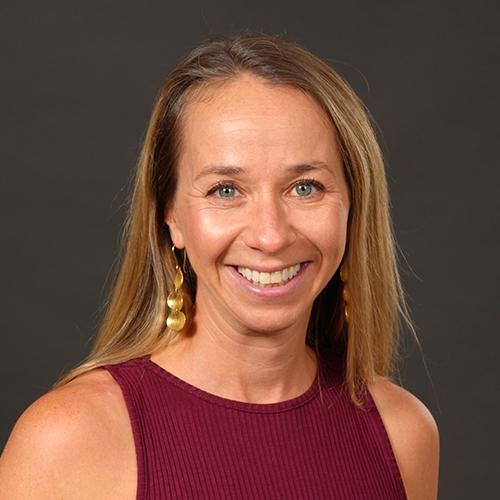Focus Areas, Goals and Action Steps
Focus Area 1. Student Success
- Continue to strengthen and organize the CSD admissions’ process
- Engage with Iona’s early-acceptance program to recruit Iona’s undergraduate CSD students
- Explore ways to streamline and simplify the admissions’ process, particularly for Iona undergraduates
- Continue to create the highest level of student engagement in CSD graduate classes
- Create a clear policy for all CSD graduate students to support professionalism/attendance
- Foster active learning environments in CSD graduate classes through interactive and participatory teaching methods.
- Support students’ clinical writing needs
- Increase communication, networking, and marketing
- Establish regular meetings and communication channels among faculty, clinical supervisors, and students to ensure alignment and transparency.
- Develop a digital platform for networking opportunities, allowing students to connect with alumni and professionals in the field.
Focus Area 2. Academic Excellence & Distinctiveness
- Inter-professional on- and off-campus collaboration
- Explore international opportunities for CSD graduate students and collaborate with Iona’s study abroad office
- Continue to grow interprofessional education at Iona
- Research
- Invite faculty and clinical supervisors to share clinical knowledge/expertise regularly
- Encourage faculty to share research with the larger Iona & non-Iona community
- Increase student research involvement with a particular focus on supporting knowledge of bilingualism/multilingualism
Focus Area 3. Talent
- Offer opportunities that focus on professional development and career readiness
- Create experiences for CSD students that offer guidance for next steps after graduation
- Increase CEU opportunities
- Create an environment for both students and faculty that is collaborative
- Increase NSSLHA involvement for CSD graduate students
- Reinforce E-board position for a CSD graduate student
- Identify at least 1 project/event that CSD graduate students lead for NSSLHA
- Promote CLDS’ co-curricular service program, through community engagement
- Recruit and retain talented CSD faculty
- Develop a mentor system for new faculty members to ensure smooth integration and professional growth.
- Foster collaboration between clinical and academic faculty through joint projects and shared scholarly activities.
- Encourage faculty to apply for grants and provide support in the application process to enhance research capabilities.



